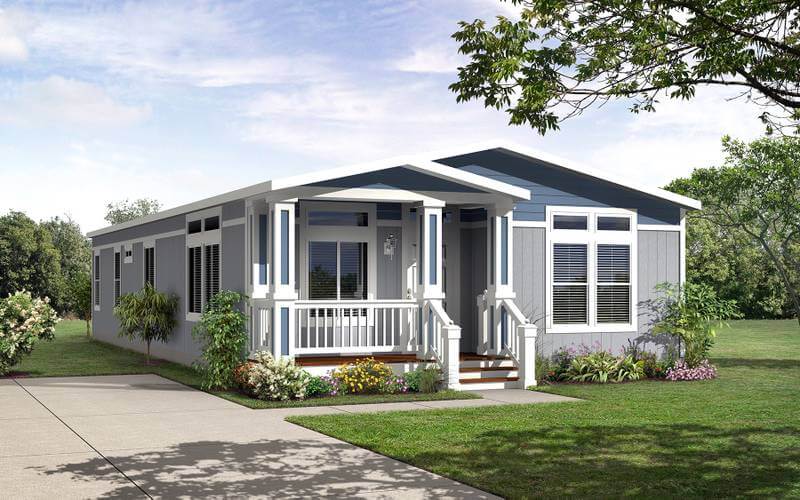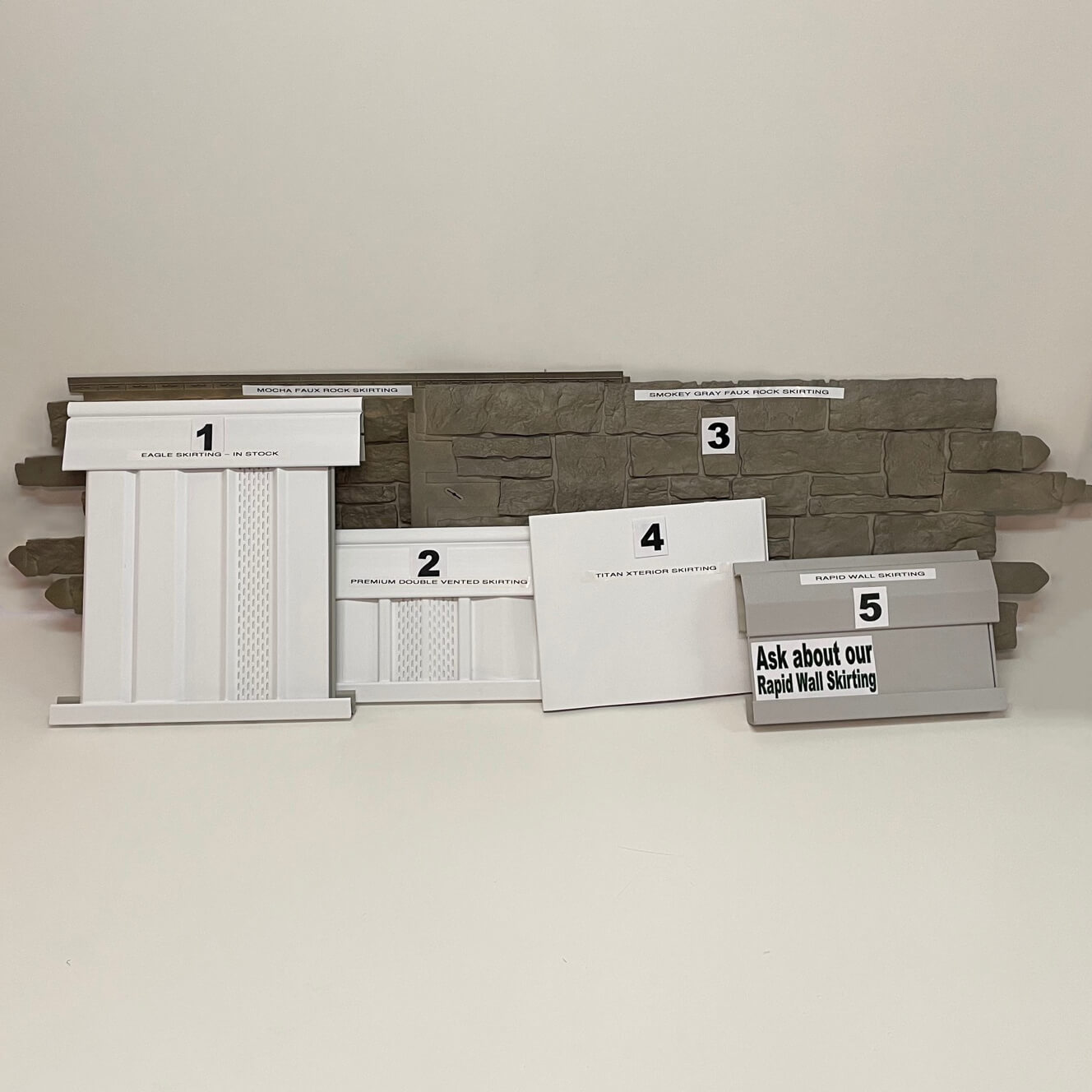Can You Move a Mobile Home Into Your Neighborhood?
The concept of manufactured homes has boomed in popularity over the last several years. It’s easy to see why: they’re incredibly affordable and offer the same home ownership benefits as a site-built home.
Many people often wonder if a manufactured home can be moved into a neighborhood of site-built homes. While it is possible to move a mobile home from one site to another, the answer can be a bit more complex than that.
So, we’ll go into more detail about where you can, or can’t, move a mobile home.
How Mobile Homes Are Moved
First, we should talk about how the process of moving a mobile home works.
If your mobile home has two or more sections, it will first need to be separated so that each section can be transported separately. A multi-section mobile home cannot be moved in one piece for safety and construction reasons.
Your mobile home will have its own chassis and be moved from its old site to its new one. From there, your home will be installed the same way it was installed at the old site.
Sounds like a straightforward process, right? Well, the reality is that there’s a lot more to consider.
Can You Move a Mobile Home Into a Neighborhood?
The answer depends on a lot of different factors. Sometimes, however, the answer will be no.
One reason why it’s usually not possible to move a mobile home into a neighborhood of site-built homes is because of local ordinances or deed restrictions. Your city or township likely has requirements for what kinds of homes can be built or sited on residential land. Plus, the neighborhood might have deed restrictions with specific requirements for what kind and style of home can be built in that subdivision.
Also, it’s incredibly difficult in 2022 to find open plots of land in residential neighborhoods. If a neighborhood was designed and built with blocks of site-built homes, they’re likely going to stay that way.
Of course, there may be some exceptions. If you have private land in a neighborhood near you, you may be able to move a mobile home there. This would depend on local zoning laws in your area. Check with your City Hall or the website for your city or township to find what those zoning laws or deed restrictions may be.
Can You Move a Mobile Home Onto ANY Private Land?
Absolutely. In fact, it’s very common for mobile homes to be sited on land that’s privately owned.
There is, of course, a process you must follow when moving a mobile home to private land. For one, you’ll need a permit to have your manufactured home moved from one site to another.
This also means that you CANNOT, under any circumstances, move your mobile home by yourself. This is because moving a mobile home is an incredibly complex process that can cause damage to your home, your property, and to yourself if not done properly.
You also have to make sure that the land you’re moving your home to has been properly sited and evaluated. To put a home on private land, you will need a foundation, hookups for sewer and water, plus electric and gas service. Your land will also need a driveway.
What About My Modular Home?
No. You cannot move a modular home to a new location, unlike manufactured homes.
This is because when a modular home is assembled into its final form on its home site, it’s intended to stay there permanently.
It’s true that a modular home is similar to a manufactured home in that they’re shipped to their home site. However, with a modular home, the sections that form to become the full home should not be separated again.
You can read more about the distinction between manufactured homes and modular homes on the MHVillager.
Where Else Can I Move a Mobile Home?
Many homeowners choose to move their mobile home into a manufactured home community.
If you’re able to find an empty lot in a community near you, you could have your new manufactured home moved there. This is a great way to buy a mobile home that’s currently outside your community.
This could be your best option if you’re looking to live in a mobile home park with great amenities and reasonable lot rent. Check in your area to see if any parks have open lots.









